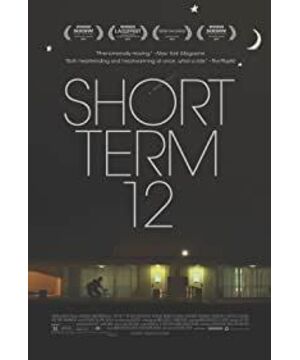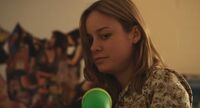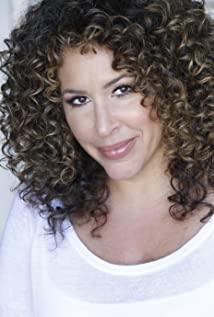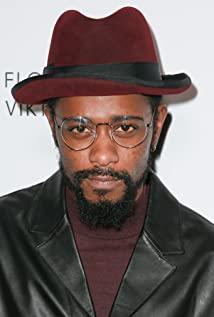This is a film with no negative reviews so far (Rotten Tomatoes is 100% praised, with an average Metacritic score of 88), and Vanity Fair uses "a feel-good film with perfect pitch" to evaluate it. For a film about children with problems in juvenile shelters, this is a rather strange evaluation-psychologically traumatized children often self-harm, and their motivations often have a long history of sadness and abuse. From my knowledge, "Juvenile Shelter" does not evade these problems, it is only presented in a non-destructive and more acceptable way.
The story line is not fancy, from short films to feature films, the protagonist of Creighton has changed from a male manager to a woman in her early twenties-in order not to repeat. The transition of gender has also brought more drama to this movie, which is mostly emotional drama. All the stories revolve around her personal struggle, full of dramatic tension, but too familiar: Grace was touched by the life of the new girl Jie Deng, and exposed her heart knot for many years-she is also the one who saves people. She was a girl in a shelter who was in need of help. In the rescue and self-rescue, Grace slowly walked out of the shadows, bravely welcoming the future... This kind of cliché, the audience can easily guess the follow-up plot. But what is surprising is that Cliton's handling of details has made the familiar plot less obsolete. It is these subtleties that can easily turn this into a third-rate romance story. Take Grace's release of her father who raped her as an example. The previous scenes suggested that she was good at picking her nails when something happened, and it was a magical effect here-she squeezed out the blood all her life. No rant, just the same silence, one more detail, one more tension.
In face of the tragic experience of children, Cliton's screenwriting ability is also remarkable. The mere accusation is obviously too singular, and it is often boring to appear in the same movie. The way "Juvenile Shelter" explains the child's tragic experience is very flattering. Two representatives of the problem teenagers-the young black young Max and the white girl Jeddon. Max used rap about his thing. He hummed "Look into my eyes" over and over again, expressionless but making noises. Before leaving, the gift he asked for was to shave his head. With his hair removed, Max dared not look up, and asked, "Is it still swollen there?" The truth became clear: He was often beaten up by his mother. Jayden used fairy tales to tell her about her. She has a picture album, which is full of ghost symbols, and ordinary people just treat it as rebellious graffiti. Jayden told Grace a fairy tale, took out the book and read it-it was not a neat little story. The bloody fairy tale of "Little Octopus and Big Shark Friendship" implied her relationship with her father. That is a unique way of expression for young people.
During the investigation, Cliton found that the real events in the shelter itself were sufficiently narrative. The only problem was how to extract the details and put them together perfectly. "Juvenile Shelter" fully reveals American dexterity in telling a good story.
View more about Short Term 12 reviews











